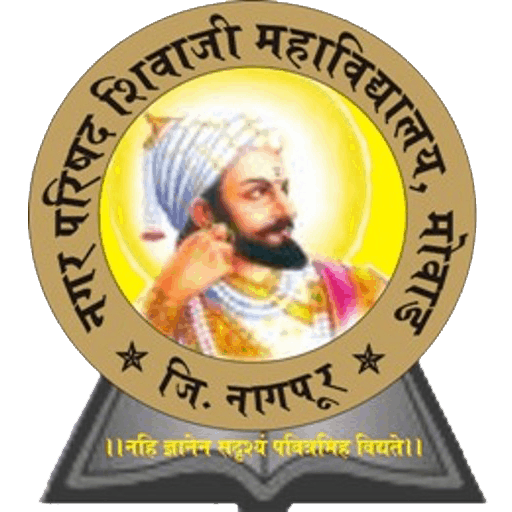Right to Information (RTI)
Introduction
UGC Directives: The Right to Information Act, 2005 (22 of 2005) has been enacted by the Parliament and has come into force from 15 June, 2005. This Act provides for right to information for citizens to secure access to information under the control of public authorities in order to promote transparency and accountability in the working of every public authority. All Universities and Colleges established by law made by Parliament or by State Legislature or by notification by the appropriate Government or owned, controlled or substantially financed directly or indirectly by funds provided by the Government shall come within the meaning of a Public Authority under this Act. Under Section 2(h) of the Act defines “public authority” as any authority or body or institution of self-governance established or constituted by or under the constitution or by law made by the Parliament or any state legislature or by notification issued by the appropriate government. It includes body owned, controlled or substantially financed by the government. In accordance with the provisions contained in section 2(j) of the Act, Right to Information means right to information accessible under this Act which is held by or under control of a public authority.
About RTI 2005
This law was passed by Parliament on 15 JUNE 2005 & came fully into force on 12 Oct.2005.
Aruna Roy is the mastermind behind the RTI Act 2005.
RTI is a legal right for every citizen of India. This Act was enacted in order to consolidate the fundamental right in the Indian constitution “freedom of speech”
The authorities under RTI Act 2005 are called quasi –judicial authorities.
Under the provision of the act any citizen of India may request information from a “public authority”, which is required to reply expeditiously or within 30 days.
What is Information – Information is any material in any form. It includes records, documents, memos, e-mails, opinions, advices, press releases, circulars, orders, logbooks, contracts, reports, papers, samples, models, data material held in any electronic form. It also includes information relating to any private body which can be accessed by the public authority under any law for the time being in force.
A “public authority” is any authority or body or institution of self government established or constituted by or under the Constitution; The bodies owned, controlled or substantially financed by the Central Government or a State Government are also public authorities.
Public Information Officer – They are responsible to give information to a person who seeks information under the RTI Act.
Assistant Public Information Officer – These are the officers at sub-divisional level to whom a person can give his RTI application or appeal. These officers send the application or appeal to the Public Information Officer of the public authority or the concerned appellate authority. An Assistant Public Information Officer is not responsible to supply the information.
A citizen has a right to obtain information from a public authority in the form of diskettes, floppies, tapes, video cassettes or in any other electronic mode or through print-outs provided such information is already stored in a computer or in any other device.
There is no prescribed format of application for seeking information. The application can be made on plain paper. The applicant should mention the address at which the information is required to be sent. The information seeker is not required to give reasons for seeking inform
First Appellate Authority (FA) and Public Information Officer (PIO)
Appellate Authority:
Dr. Kishor R. Zilpe
Principal
Nagar Parishad Shivaji Mahavidyalaya, Mowad
Phone No. 07105236274
email: npsmm@rediffmail.com
Public Information Officer:
Dr. Narayan D. Balpande
Assistant Professor in Political Science
Nagar Parishad Shivaji Mahavidyalaya, Mowad
Phone No. 07105236274
email: npsmm@rediffmail.com
Assistant Public Information Officer:
Mr. Ravindra T. Sorte
Head Clerk
Nagar Parishad Shivaji Mahavidyalaya, Mowad
Phone No. 07105236274
email: npsmm@rediffmail.com
Declaration under section 4 (1) (b) of RTI Act 2005.
Under Section 4(1)(b) of RTI Act 2005 covers the statutory declaration of Nagar Parishad Shivaji Mahavidyalaya, Mowad on its website www.npsmm.in . It covers all the rules and regulations which are implemented by Govt. of Maharashtra. Our College is a “College of co- education”, which is managed by Municipal Council Mowad (Nagar Parishad Mowad), affiliated to Rashtrasant Tukadoji Maharaj Nagpur University, Nagpur, Maharashtra. The College has a Managing Committee and it runs as per rules and regulations made by the Parent Body and Govt. from time to time. All Financial transactions of the College are subject to internal and statutory Audit by qualified firm of Charted Accountants. The College has different Bodies/Committees/Cells to maintain all types of disciplines and compliances in the campus. All the cells or committees of the institution are under Statutory Bodies constituted and comes under section 4(1) (b) of RTI Act 2005.
